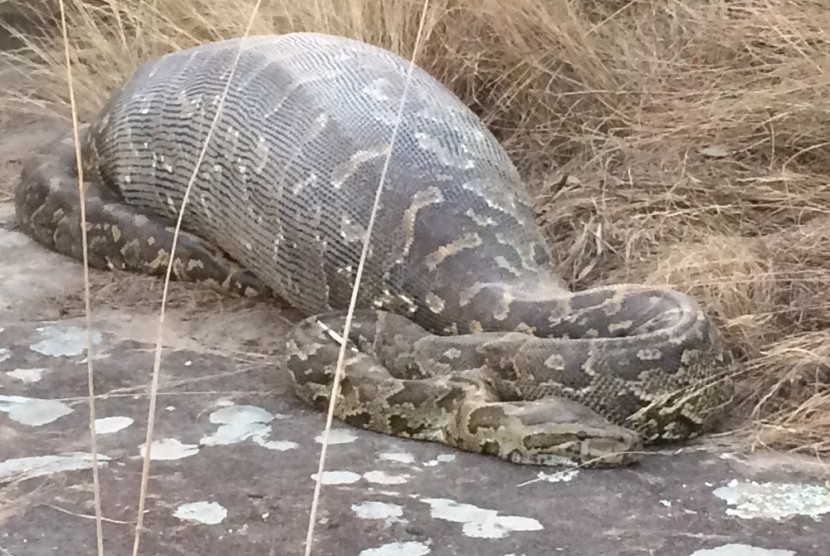REPUBLIKA.CO.ID, SAMPIT -- The Natural Resource Conservation Agency (BKSDA) of East Kotawaringin District has stated that the population of pangolins (Manis javanica) in the region is threatened due to rampant poaching.
The Commander of a surveillance post of BKSDA in Sampit, Muriansyah said on Thursday that the agency has found evidence of a wildlife trade syndicate's activities in the region.
The agency on Wednesday found 18 carcasses of the ant-eaters located six kilometers from the General Sudirman Street of Sampit.
The carcasses were found without being covered by scales. The outer and hardest part of the pangolins is suspected to have been removed from the body for trade.
"We will report this case to the Kotawaringin Resort Police Office so that it can be investigated further," Muriansyah said.
Pangolins' meat and scales are high value commodities in the black market.
For every kilogram (kg) of pangolin meat, the buyer will pay around Rp250,000 (around US$18), while a kg of pangolin scales has a higher value ranging from Rp 3 million to 5 million rupiah.
The animal is in high demand because its meat and scales are prized mostly in China and Vietnam as food and medicine.
The pangolins of East Kotawaringin were believed to have been smuggled to Malaysia and Singapore.
"In 2014, the authority foiled an attempt to smuggle 73 kg of pangolin scales at the Haji Asan Airport of Sampit," Muriansyah recalled.
Several regions in the East Kotawaringin District are identified as the habitat of the scaly ant-eater.
The local BKSDA is cooperating with the local police to track down the poachers and investigate the case.
Pangolins are on the brink of extinction, despite the fact that they are protected under the United Nations` Convention on International Trade in Endangered Species (CITES), and trading in the animal and its products is illegal. Pangolines were also included in the IUCN Red List of Threatened Species 2008 and labeled as being endangered.


